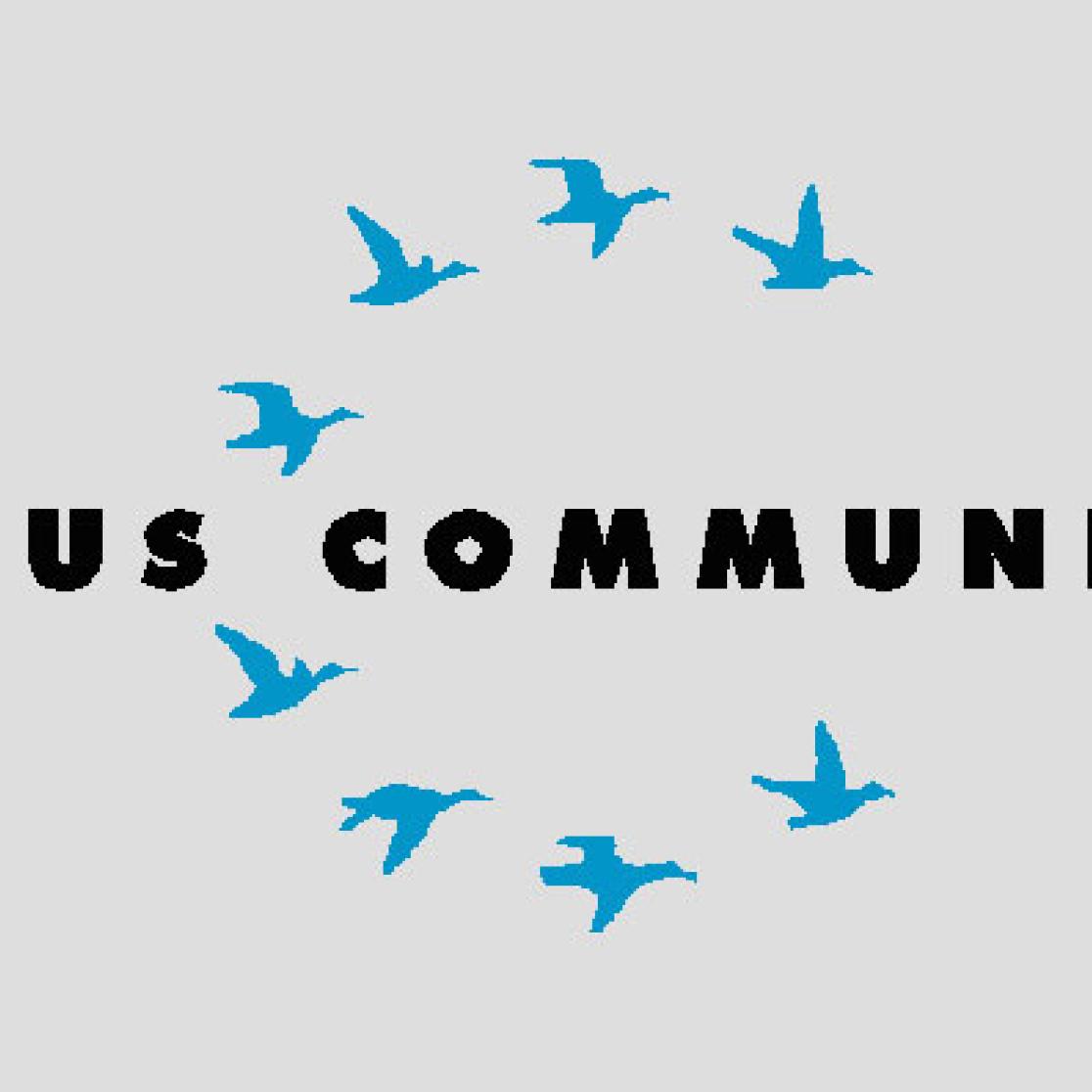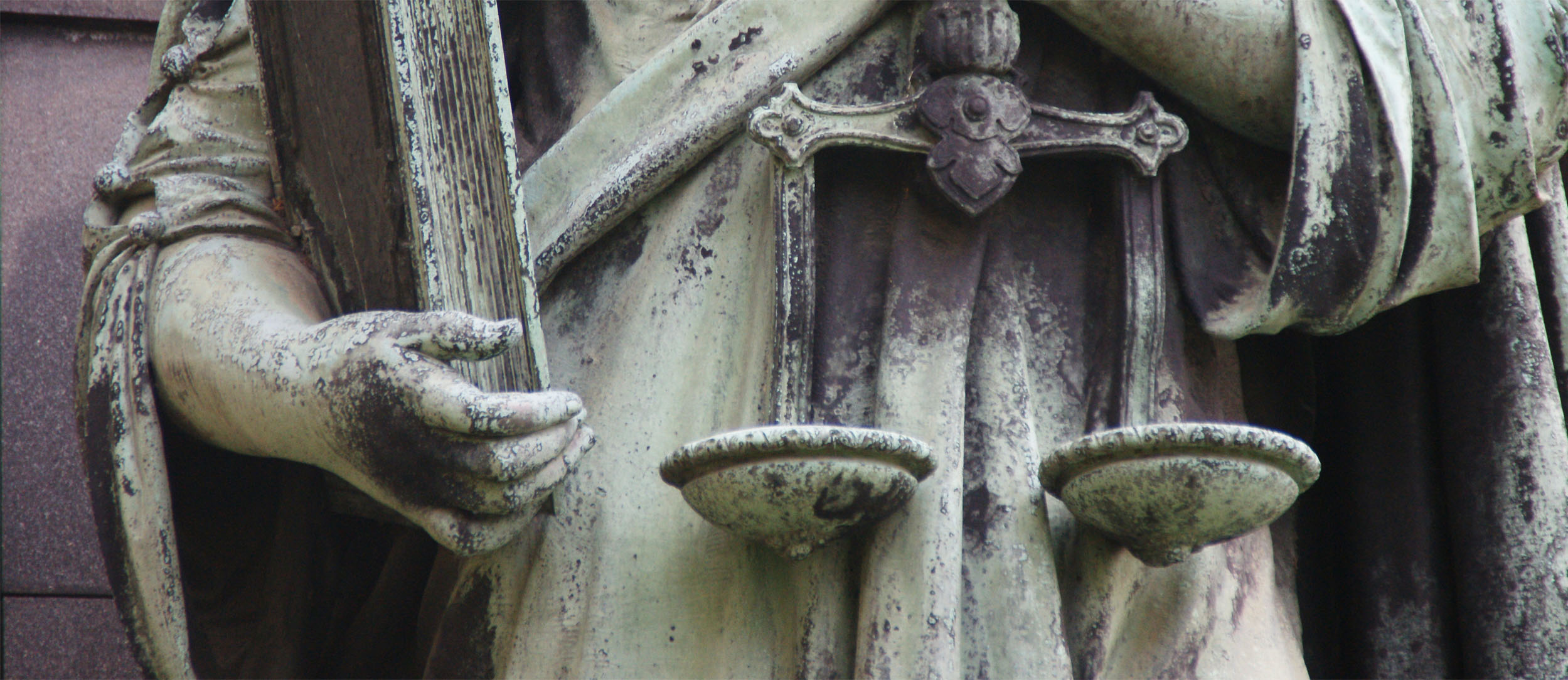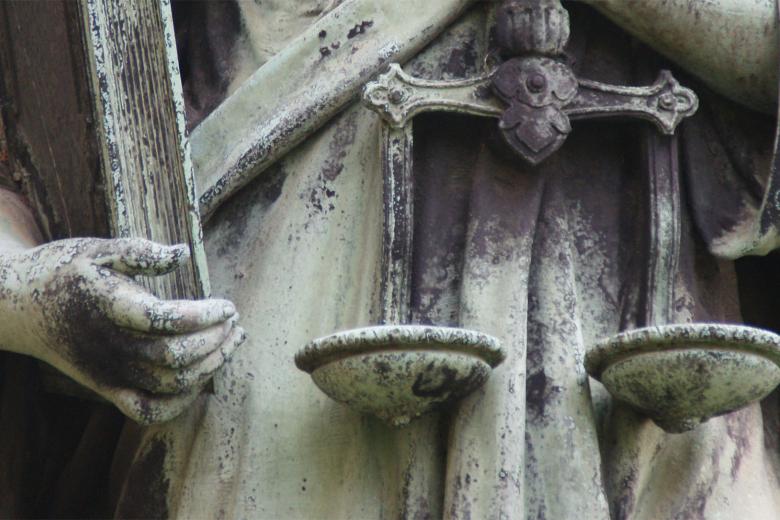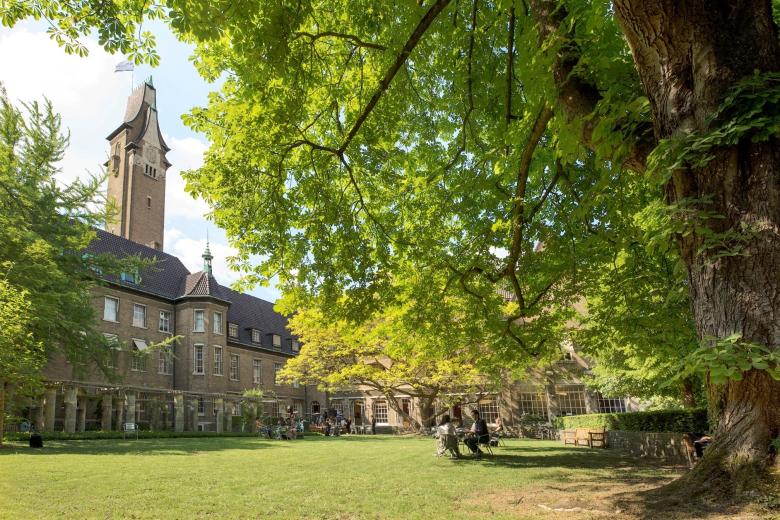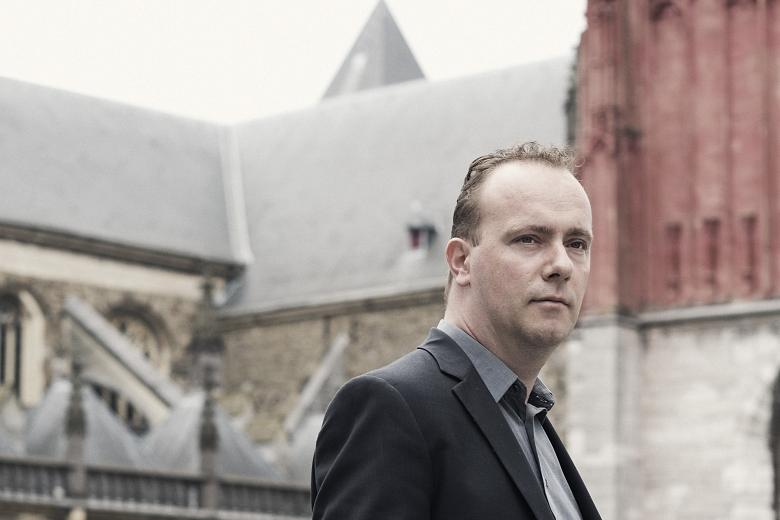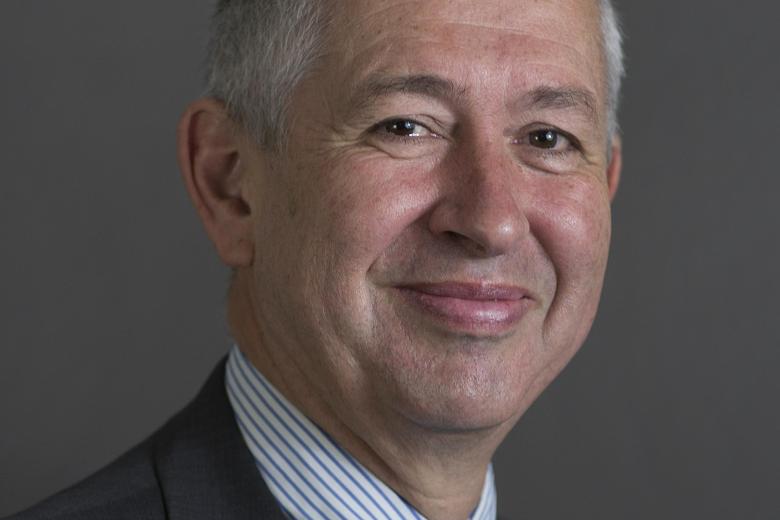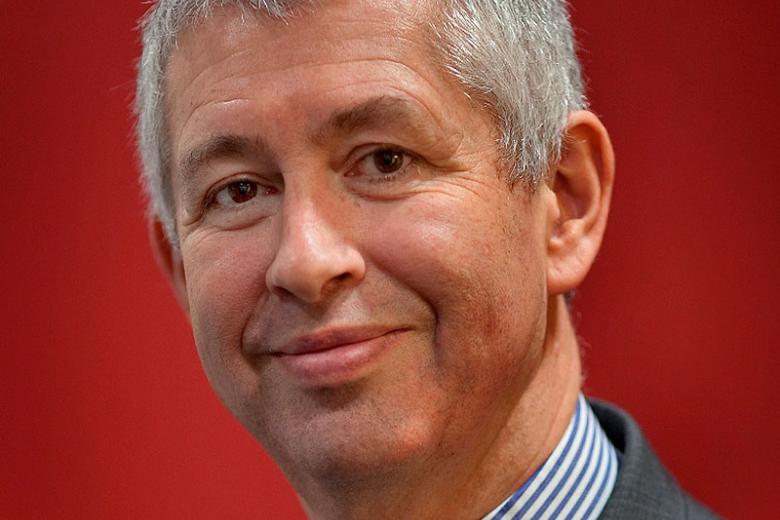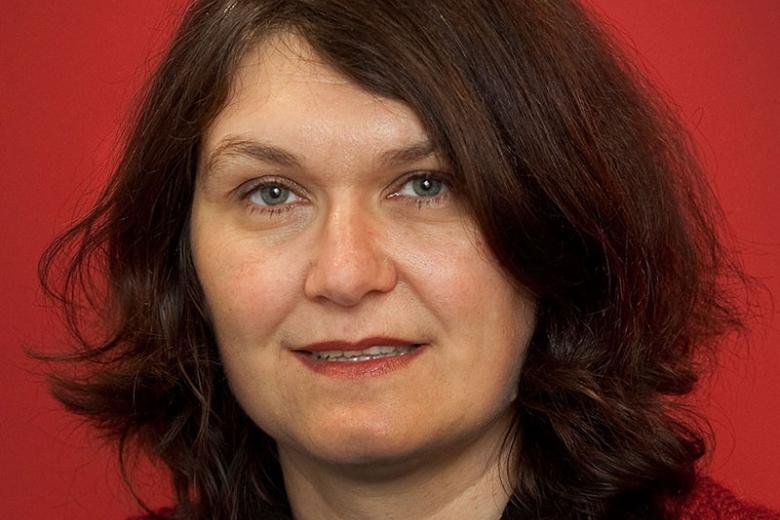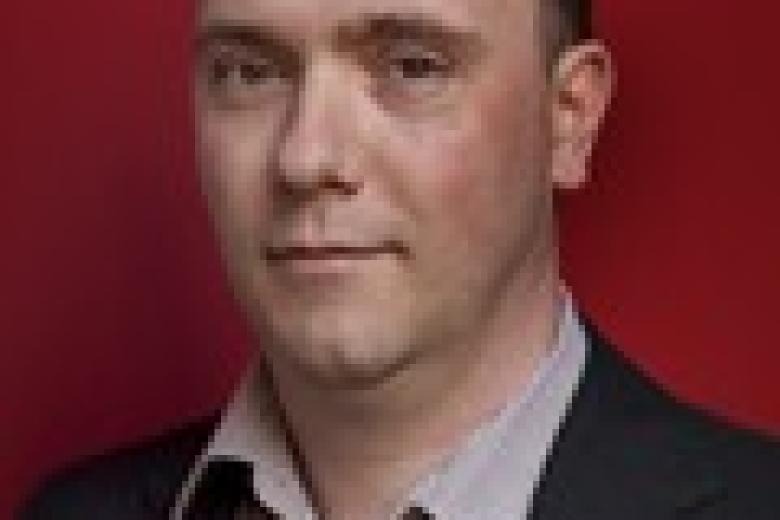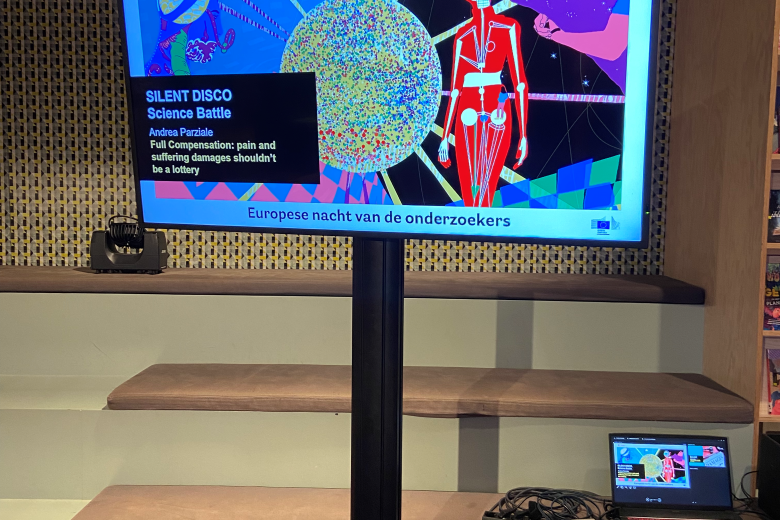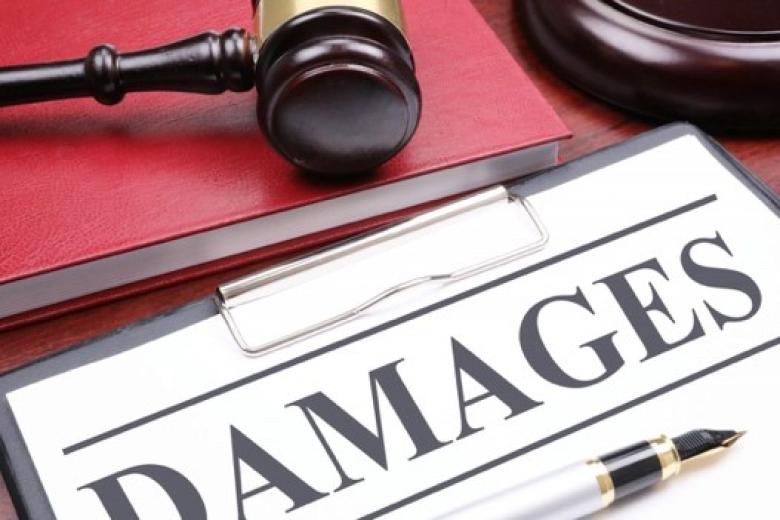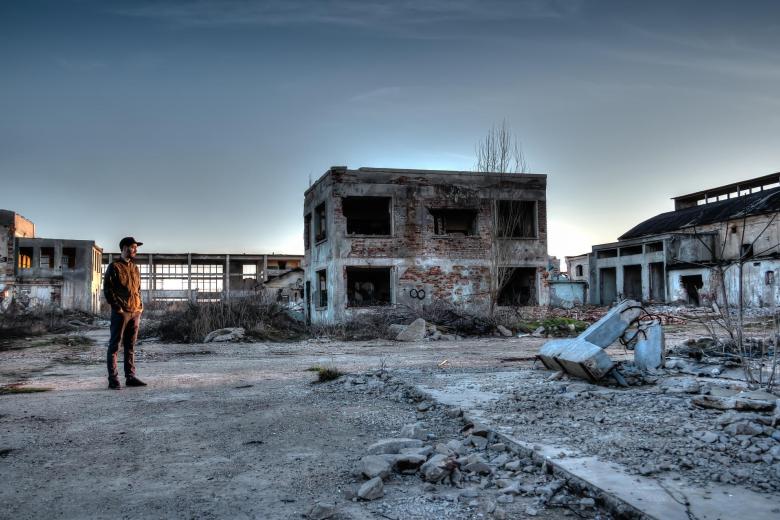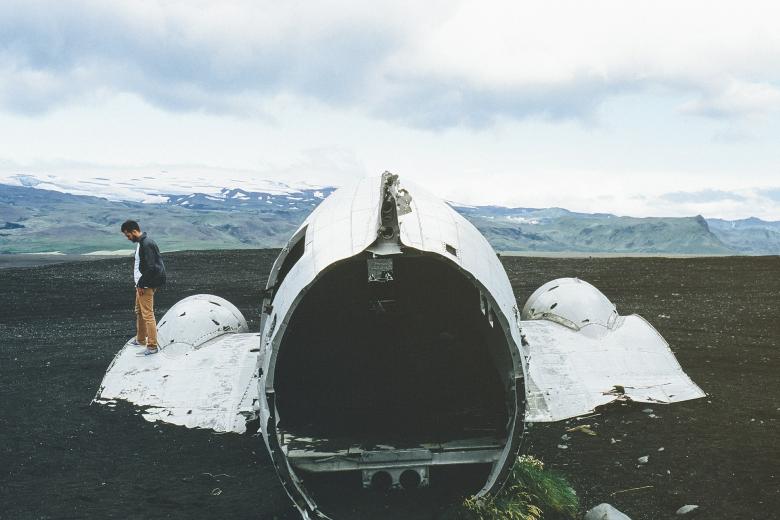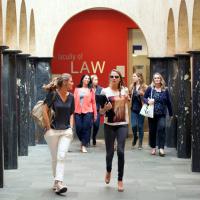Institute for Transnational Legal Research
Dear visitor, as of 1 May 2025 METRO is no longer active.
This means this website will not be updated anymore. The website will remain online to keep our research, conducted throughout the years, available.
You can find more information here.
METRO, the Institute for Transnational Legal Research (in Dutch: Maastrichts Europees instituut voor Transnationaal Rechtswetenschappelijk Onderzoek), contributes to environmental law, tort law, competition law, and the economic analysis of law by executing high-quality research. Metro distinguishes itself for dedicated researchers in various fields of law.
Research
METRO initiates and stimulates comparative and transboundary legal research and organizes conferences about various legal themes. Moreover, the institute publishes the Maastricht Journal of European and Comparative Law, one of the top three journals in this field in Europe and the Ius Commune Europaeum Book Series. METRO is active in the field of contract research, for example for the EU, OECD, national governments and associations of insurers.
Core research topics of METRO include environmental law (including climate change, one of the topics listed under the pillar of Global Justice), tort law & insurance, and competition & regulation. METRO is specialised in the economic analysis of law. In that respect, METRO research has been geared towards a variety of Institutions, for example by analyzing smart mixes of regulation, and to the stream of Markets, for example by examining competition law in emerging markets.

METRO’s research takes place
in the following streams:
1. Values
2. Institutions
3. Markets
News
Social media
Click here to follow METRO @ Facebook
Ius Commune Research School
METRO facilitates the Ius Commune Research School, a cooperation between the law faculties of the Universities of Maastricht (UM), Utrecht (UU), Amsterdam (UvA), and Leuven (K.U. Leuven), focused on the realization of a Ius Commune in Europe. Management and secretariat of the Research School are located at METRO, and METRO oversees the Ius Commune Casebooks and publishes the Ius Commune Europaeum Books.
